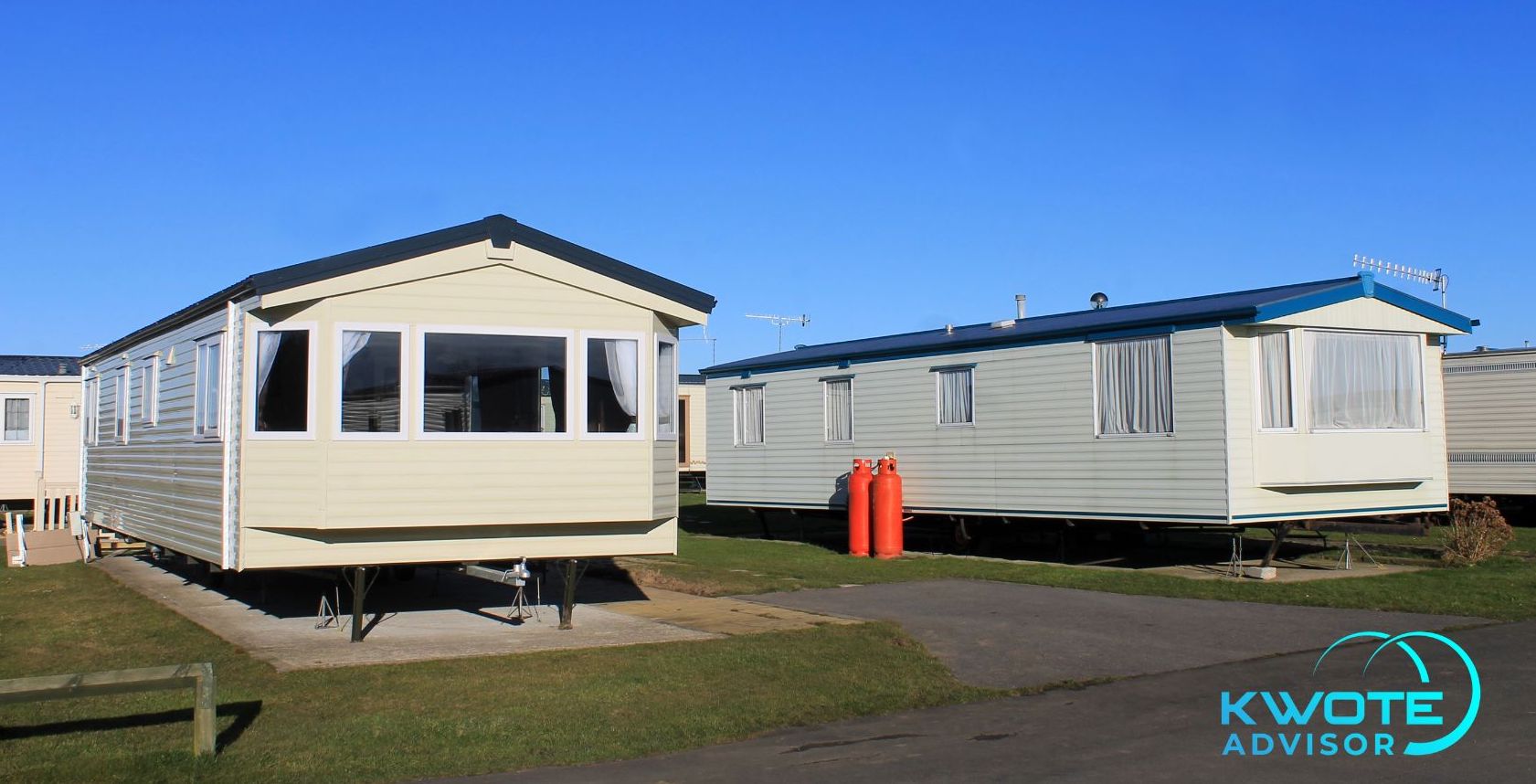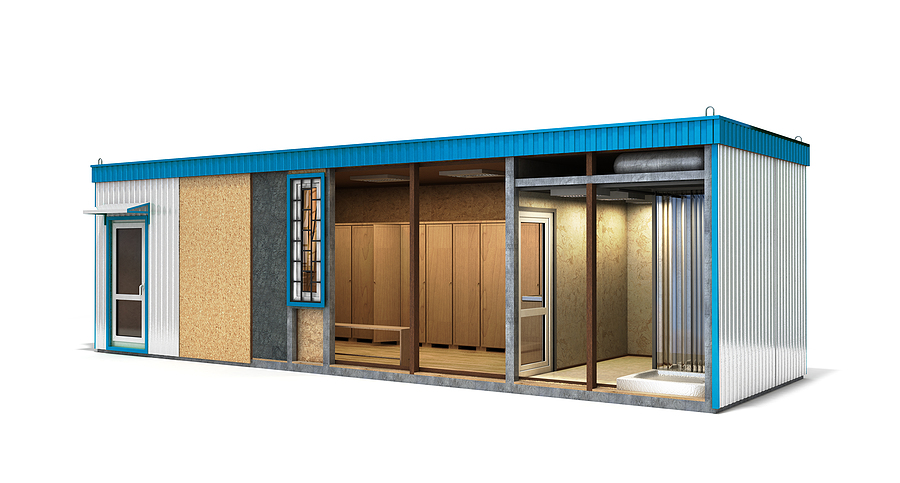
Mobile Office Solutions: A Comprehensive Buyer’s Guide
Mobile office solutions have become an essential tool for businesses seeking flexibility, efficiency, and scalability. As a third-party company like Kwote Advisor, which connects businesses to mobile office suppliers, it’s crucial to provide comprehensive information to help clients make informed decisions. This guide aims to delve into the world of mobile offices, covering cost considerations, pros and cons, features, sizes, and more, ensuring you have all the necessary information at your fingertips.
Understanding Mobile Offices
Mobile offices are prefabricated, portable structures designed to provide temporary or permanent office space. They are versatile, easily relocatable, and can be used in a variety of settings, including construction sites, schools, and businesses requiring additional space. Mobile offices come in various sizes and configurations, offering a flexible solution to meet different business needs.

Cost Considerations
The cost of acquiring a mobile office varies significantly based on several factors, including size, features, and whether you’re renting, leasing, or purchasing outright. Understanding these cost dynamics is crucial for budgeting and financial planning.
Renting vs. Leasing vs. Buying
Renting
a mobile office is a cost-effective solution for short-term needs, offering flexibility without the long-term commitment. Rental costs can range from a few hundred to over a thousand dollars per month, depending on the unit’s size and features.
Leasing
provides a middle ground between renting and owning, suitable for medium-term use. It allows businesses to have a mobile office for an extended period, typically 12 to 60 months, with lower monthly payments compared to renting. At the end of the lease term, you may have the option to purchase the unit.
Buying
a mobile office is a significant upfront investment but can be cost-effective in the long run, especially for businesses with ongoing or recurring needs for mobile space. Purchasing a new mobile office can cost anywhere from $10,000 to $50,000 or more, while used units can offer savings, albeit with potential wear and maintenance considerations.
Pros and Cons of Mobile Offices
Mobile offices offer numerous advantages but also come with some drawbacks. It’s important to weigh these carefully to determine if a mobile office solution aligns with your business needs.
Pros
- Flexibility and Mobility: Easily relocate your office space as your business needs or locations change.
- Cost-Effective: Less expensive than traditional office space, especially for temporary or short-term use.
- Quick Setup: Mobile offices can be quickly deployed, minimizing downtime.
- Customizable: Many suppliers offer customization options to fit your specific business needs.
Cons
- Space Limitations: While spacious, mobile offices are typically smaller than traditional office buildings, which may be restrictive for some businesses.
- Permitting and Zoning: Depending on your location, you may face challenges with zoning laws or need to obtain permits.
- Weather and Security: Mobile offices may not offer the same level of security and weather resistance as permanent structures.

Key Features to Consider
When selecting a mobile office, consider the following features to ensure it meets your business needs:
- Size and Layout: Mobile offices range from compact single units to larger, multi-unit complexes. Consider your space needs, including office areas, meeting rooms, and storage.
- Climate Control: Essential for comfort and productivity, especially in regions with extreme temperatures.
- Connectivity: Ensure the unit is equipped for internet and phone connections.
- Furnishings: Some mobile offices come furnished, saving time and money on setup.
- Accessibility: Features like ramps and accessible restrooms are important for ensuring compliance with ADA (Americans with Disabilities Act) standards.
Different Sizes and Their Uses
Mobile offices are available in various sizes, typically ranging from 8’ x 20’ to 12’ x 60’. Smaller units are perfect for job sites or small teams, while larger units can accommodate larger staff, complete with conference rooms and private offices. The choice of size should be based on your team’s size, the nature of your work, and any specific requirements like conference spaces or reception areas.
Making the Right Choice
Choosing the right mobile office solution involves a careful assessment of your business needs, budget, and the pros and cons of different options. Consider factors like the duration of use (short-term vs. long-term), the importance of mobility and flexibility, and the specific features that will enhance your team’s productivity and comfort.
Mobile offices offer a versatile, cost-effective solution for businesses needing flexible, temporary, or additional office space. By understanding the various aspects covered in this guide, including costs, pros and cons, features, and sizes, you can make an informed decision that aligns with your business objectives and operational needs. Whether you’re renting, leasing, or purchasing, a mobile office can provide the adaptable, efficient workspace your business requires to thrive in today’s dynamic work environment.
As you navigate the process of selecting a mobile office, remember that suppliers like those connected through Kwote Advisor can provide valuable insights and tailored recommendations to meet your unique needs. With the right information and a thoughtful approach, you’ll find the mobile office solution that perfectly suits your business.

